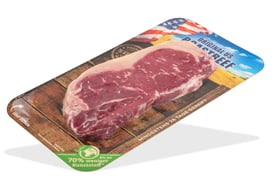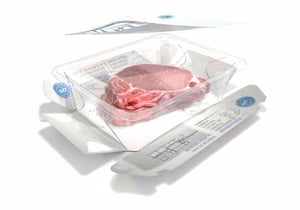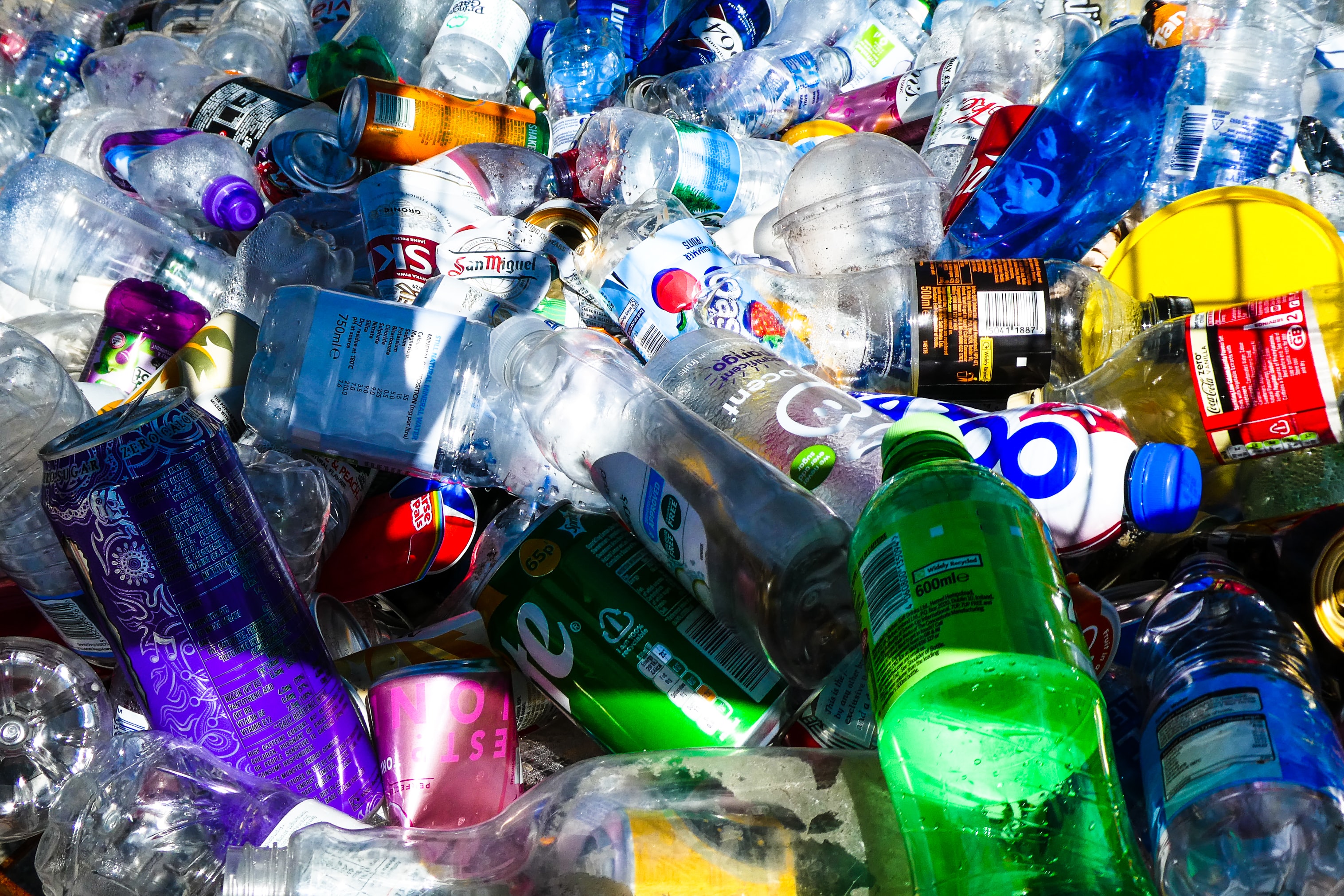Updated Jun 30, 2021 09:27:12 AM
Consumer priorities have changed massively over the past year, and you may be wondering what is important to focus on to keep customers satisfied in these challenging times.
Looks do matter!
The results are in - the overall look and feel of your product packaging makes a big difference about customer loyalty and recognition. It's important that outer appearance of modern packaging is appealing, as it’s often the first physical point of contact customers have with a brand, especially when shopping online. In essence, your product's packaging is often the first physical touchpoint with your brand, so it's vital to make good first impression.
The first interaction a potential customer has with your packaging needs to be a positive one, as this influences their thoughts towards a certain brand or specific product.
Tips for success:
-
- Packaging must be neat, presentable and fit for purpose
- The quality of the materials used to make the packaging is also a key factor
- Include brand logos, colours and other visual cues that reflect your wider brand values
Brands which want to highlight their commitment to sustainability often choose brown paper/cardboard packaging, whereas a premium brand may choose sleek black, grey and white packaging to represent luxury. Recently, lots more luxury brands have opted for minimalist images to represent a more timeless and classic feel, and their packaging has been updated to reflect this.
The online retail boom
The prominence of online retail, especially during the COVID-19 pandemic has also had an impact on packaging trends. Packaging plays a huge role in ensuring products reach customers safely worldwide, which means that the recent online retail boom has been a test for packaging functionality.
Packaging is often first point of contact between the consumer and a product, so it's important that their experience of receiving and opening the packaging must be positive experience. Deftly designed packaging is key to closing the gap between retailer and consumer in the digital age, as it can help customers feel more connected to the brand they have purchased from.
Food packaging is also a hot topic due to sustainability concerns, so it’s unsurprising that consumers are calling for the reduction of plastic and clearer recyclability labeling.
Reduction of plastic packaging
Before the pandemic, reducing plastic packaging was in the top three of consumer concerns, but this has since dropped to fifteenth place. It’s thought that this isn’t a permanent change, as consumers are keenly aware of the need to make drastic changes for the good of our planet.
Consumers are more likely to prioritise brands who appear eco-friendly, and offer recyclable or reduced plastic packaging.
Explore our reduced plastic packaging options:
FlatSkin

- 75% reduction in plastic use
- Sustainably sourced fibre board
eTray

- Sustainable MAP alternative
- 40% less plastic than traditional MAP designs
Refillable packaging
The rapid growth of independent packaging-free stores has prompted the retail sector to start offering refill opportunities in-store. The recent popularity of adopting a ‘zero-waste’ lifestyle has called into question the need for single-use packaging, as the circular economy prioritises reusability as well as recyclability.

UK supermarkets have dipped their toe in the water and have been trialing refill stations in store. Waitrose began its plastic-free ‘Unpacked’ initiative last June, which offered consumers the chance to try out packaging-free shopping, and start using their own containers or renting one with a £5 deposit. Asda are also trying out packaging-free shopping, as refillable versions of their products became available in May this year.
The idea of refillable shopping experiences is a popular one, as 37% of UK household care buyers say that product refill stations would encourage them to prefer one retailer over another. (Mintel)
Reusable packaging is also big hit with today’s more environmentally conscious consumers, as brands have aligned their packaging with consumer values. This creates greater sense of brand loyalty leading to repeat purchases, and even advocacy, which stands to set brands apart from their competition.
Obstacles to going packaging free
Multiple use items such as refillable coffee cups were commonplace pre-pandemic, but their popularity has been fading in recent months due to infection concerns. In fact, coffee shops who used to offer discounts as incentives for using a refillable flask have abandoned this premise entirely and have returned to single use cups for the time being.

The virus has put a dampener on the trend towards packaging-free items, as consumers want fresh meat and produce that is hygienically packaged to avoid infection. This seems to be a complete reversal of the previous plastic policy, which sought to rid us of plastic at all costs. Now, consensus has become more centered, and people have started to see that plastic can offer greater product protection, in a way that plastic-free alternatives currently on the market can’t.
Paper-based flexible packaging
Paper-based flexible packaging has started to gain traction, as Nestle have started using it for several of their European product lines. Their ‘Yes!’ bars and Nesquik All-Natural sachets are now being sold in this paper-based alternative to plastic films.

It will be interesting to see whether the industry at large will adopt this type of packaging instead of the plastic flexible films that have been a staple of confectionery industry for many years.
Clearer labelling
Embracing a clearer labeling system to help consumers differentiate between recyclable and non-recyclable packaging could go a long way in contributing to the global climate effort. Consumers are putting the responsibility for sustainability squarely on the shoulders of brands. In part, this is because recyclability labels on food packaging remain confusing and hard to follow.

Consumers find traditional recycling labels confusing, so packaging which can be recycled often ends up in landfill. On pack messaging can help consumers better understand why your brand has chosen a particular packaging option, and what action they can take towards disposal or reuse.
Key takeaway
Consumers will ultimately reward brands which demonstrate their values by following ethical business practices, and being proactive in their approach to the climate crisis. Today’s shoppers are becoming increasingly aware of the impact of their consumption choices, so the companies that will come out on top are those who seek out environmentally responsible options, and help them understand what is actually better for the environment than just ‘less bad.’
All of our packaging machinery is proven on all materials including mono PET, paper and card based packaging, foil and many more

